Posted on
April 17, 2024
by
Sarah Penner
In a competitive real estate market where inventory is low and demand is high, buying a home can be challenging for prospective buyers. To increase your chances of success, here are some valuable tips to help you navigate and succeed in a competitive market:
1. Get Pre-Approved for a Mortgage
Before you start your home search, get pre-approved for a mortgage. This step not only shows sellers that you're serious but also helps you understand your budget and streamline the buying process. In today’s market properties are selling fast and without a pre-approval most sellers will not consider your offer.
We have excellent contacts with lenders who are dedicated to serving their clients diligently. If you need referrals, please reach out to us as we would love to share their information with you.
2. Partner with a Local Real Estate Expert
Work with a knowledgeable local real estate agent who understands the intricacies of the market. An experienced agent can provide invaluable insights, guide you through the process, and negotiate on your behalf.
3. Stay Flexible with Your Requirements
In a competitive real estate market, flexibility is essential for success!! Beyond adjusting your wish list, explore various neighbourhoods to broaden your options. Additionally, be open to making minor renovations post-purchase, which can unlock hidden potential in properties and provide opportunities in a tight market. By remaining adaptable and open-minded, you'll enhance your chances of finding the perfect home amidst competition.
4. Act Quickly and Decisively
Desirable properties often sell fast in hot markets, so it's crucial to act swiftly when you find a home that meets your criteria. Schedule showings promptly and submit a strong offer without delay to increase your chances of securing the property before it's off the market. Keep in mind that your real estate agent can assist you in navigating the fast-paced environment by providing up-to-date market insights and guiding you through the offer process, ensuring you're well-prepared to compete effectively in this dynamic market.
5. Make a Strong Offer
To distinguish yourself in a competitive market, prepare a robust and enticing offer. Collaborate closely with your agent to assess market value and create a compelling bid. Minimize contingencies to appeal to sellers, as fewer conditions often enhance your offer's attractiveness. Align the possession date with the seller's preferences to streamline negotiations and demonstrate your readiness to move forward efficiently.
6. Prepare for Bidding Wars
In competitive markets, multiple offer situations are very common. Know your budget limits and be ready to compete with other buyers. Stay calm and avoid emotional decisions during bidding wars.
7. Stay Patient and Persistent
Finding the right home may take time, especially in a competitive market. Stay patient and don't settle for a property that doesn't meet your needs or budget constraints. It can feel discouraging when you are consistently competing but this when it is crucial to be persistent.
8. Communicate Effectively
Maintain open communication with your real estate agent throughout the process. Keep them informed of your preferences, concerns, and any changes in your criteria. The more your realtor knows the better they can help navigate the process.
9. Stay Informed and Flexible
Stay updated on market trends and new listings. Be flexible with your schedule for showings and remain adaptable to changing market conditions.
By implementing these strategies and working closely with a trusted real estate professional, you can navigate a hot real estate market with confidence and increase your chances of finding your ideal home.













